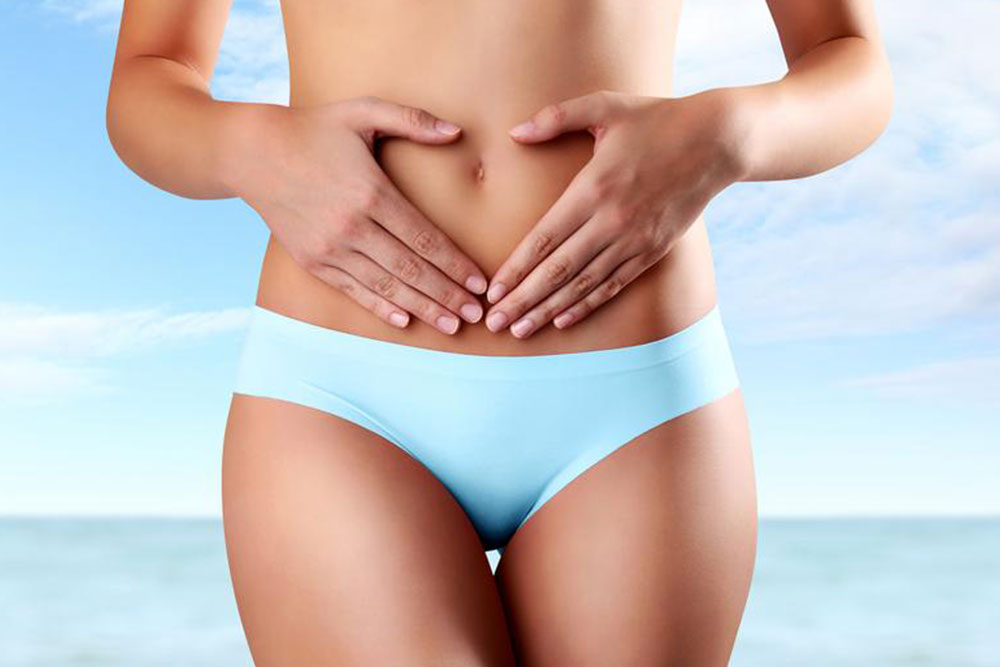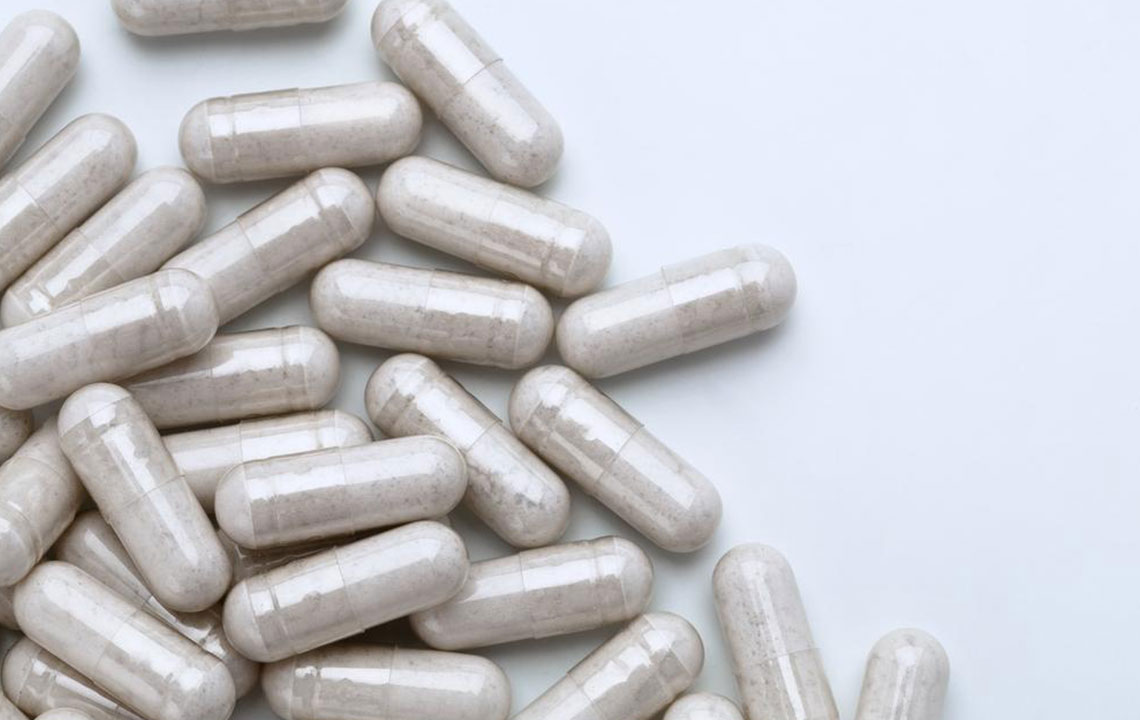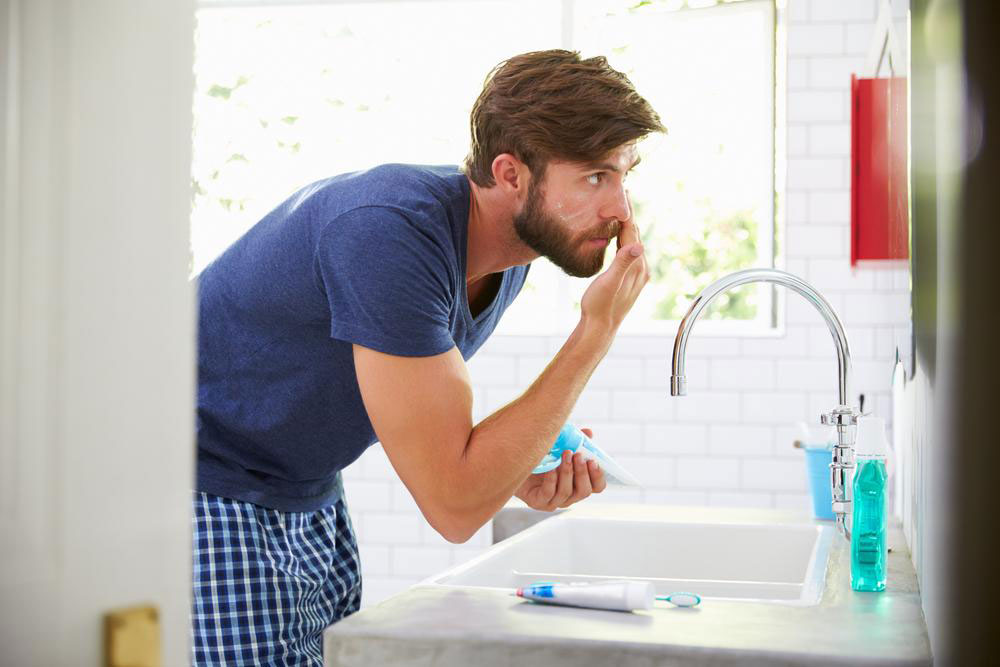Essential Tips for Maintaining Vulvo-Vaginal Wellbeing
This guide provides essential tips for maintaining vulvo-vaginal health, covering common issues like infections, symptoms, and best practices for hygiene. Proper care is crucial for overall wellbeing, and consulting professionals is recommended for persistent problems. The article emphasizes avoiding irritants, choosing breathable clothing, and maintaining good hygiene habits to prevent potential complications.

Essential Tips for Maintaining Vulvo-Vaginal Wellbeing
Many individuals are unaware of the difference between the vulva and vagina. To clarify:
The vulva encompasses all external female genitals at the vaginal opening.
The vagina is a canal connecting the external genitals to the cervix.
Understanding this distinction highlights the importance of vulvo-vaginal health, which can be compromised by certain products that irritate the skin and cause conditions like vaginitis.
Common Concerns
Vulvar Infections:
Vulvar infections are prevalent and sometimes persistent. Symptoms include:
Itching in the vulvar area, often embarrassing, which may worsen with continuous scratching, leading to redness and inflammation.
Persistent discharge that may have an unusual odor or seem excessive, signaling an underlying issue.
Pain during intercourse, characterized by soreness or sensitivity, often requiring consultation with a specialized dermatologist.
Vaginal infections caused by bacteria or fungi, such as yeast infections, bacterial vaginosis, or gonorrhea, can produce similar symptoms, but proper diagnosis is essential.
Maintaining Vulvo-Vaginal Health
Proper care is vital for overall health. Over-the-counter products and certain birth control methods can sometimes cause issues. Here are some tips to support optimal vulvo-vaginal health:
Avoid douching, as it disrupts the natural pH balance; consult a healthcare provider before use.
Choose breathable cotton underwear and steer clear of tight-fitting garments like thongs.
Minimize use of feminine hygiene sprays or wipes that can cause irritation.
Change sanitary pads or tampons regularly and consider using a peri-bottle with lukewarm water for gentle cleaning during periods.
Note:
This blog offers valuable insights into various health topics. While the information is based on research, it should not replace professional medical advice. The website cannot be held responsible for discrepancies or omissions, and readers should consult healthcare providers for personalized guidance.









